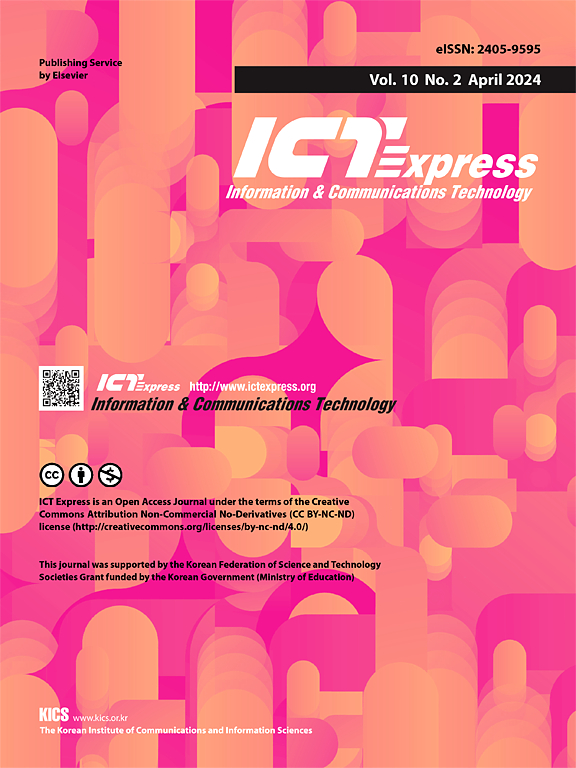Optimizing proactive content caching with mobility aware deep reinforcement & asynchronous federate learning in VEC
IF 4.2
3区 计算机科学
Q1 COMPUTER SCIENCE, INFORMATION SYSTEMS
引用次数: 0
Abstract
Edge caching in the Internet of Vehicles (IoV) can reduce backhaul strain and content access delay. However, due to the constant changes in vehicle requests, offloading applications to edge servers is crucial for efficiently anticipating and caching popular content. Additionally, conventional data-sharing techniques are inadequate for this task due to their inability to preserve the privacy of vehicular users (VU). To overcome these issues, we propose a cooperative proactive content caching system incorporating Asynchronous federated learning and Deep reinforcement learning named PCAD that leverages the strengths of Dueling Deep Q-Networks and Prioritized Experience Replay in vehicular edge computing. PCAD lowers the latency of content access by prefetching contents that are popular beforehand caching them on edge nodes and cutting the waiting time for every vehicle to complete training as well as uploading local models before updating the global model. Additionally, we investigate intelligent caching decisions based on content prediction. Comprehensive experimental evaluations indicate that our proposed approach significantly outperforms existing benchmark caching techniques. More specifically, our suggested approach works better than DDQN, c--greedy, and PCAD without DRL methods and the cache hit rate improves by approximately 4.25%, 11.23%, and 25.82%, respectively, as the cache capacity hits 400 MB.
在VEC中优化具有移动性感知的深度强化和异步联邦学习的主动内容缓存
车联网(IoV)中的边缘缓存可以减少回程压力和内容访问延迟。然而,由于车辆请求的不断变化,将应用程序卸载到边缘服务器对于有效地预测和缓存流行内容至关重要。此外,由于传统的数据共享技术无法保护车辆用户(VU)的隐私,因此无法胜任这项任务。为了克服这些问题,我们提出了一种结合异步联邦学习和深度强化学习的合作式主动内容缓存系统,称为PCAD,该系统利用了Dueling Deep Q-Networks和车辆边缘计算中的优先体验回放的优势。PCAD通过预先获取热门内容并将其缓存在边缘节点上,减少每辆车完成训练的等待时间,以及在更新全局模型之前上传本地模型,从而降低了内容访问的延迟。此外,我们还研究了基于内容预测的智能缓存决策。综合实验评估表明,我们提出的方法明显优于现有的基准缓存技术。更具体地说,我们建议的方法比没有DRL方法的DDQN、c-ϵ-greedy和PCAD更好,当缓存容量达到400 MB时,缓存命中率分别提高了大约4.25%、11.23%和25.82%。
本文章由计算机程序翻译,如有差异,请以英文原文为准。
求助全文
约1分钟内获得全文
求助全文
来源期刊

ICT Express
Multiple-
CiteScore
10.20
自引率
1.90%
发文量
167
审稿时长
35 weeks
期刊介绍:
The ICT Express journal published by the Korean Institute of Communications and Information Sciences (KICS) is an international, peer-reviewed research publication covering all aspects of information and communication technology. The journal aims to publish research that helps advance the theoretical and practical understanding of ICT convergence, platform technologies, communication networks, and device technologies. The technology advancement in information and communication technology (ICT) sector enables portable devices to be always connected while supporting high data rate, resulting in the recent popularity of smartphones that have a considerable impact in economic and social development.
 求助内容:
求助内容: 应助结果提醒方式:
应助结果提醒方式:


